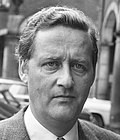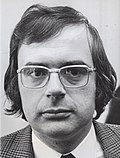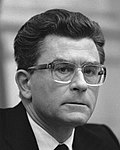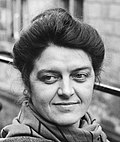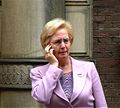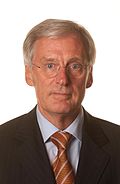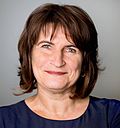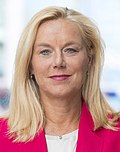| Minister for Foreign Trade and Development Aid | |
|---|---|
| Minister voor Buitenlandse Handel en Ontwikkelingshulp | |
 Ministry of Foreign Affairs | |
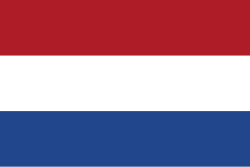 Flag of the Kingdom of the Netherlands | |
| Ministry of Foreign Affairs | |
| Style | His/Her Excellency |
| Member of | Council of Ministers |
| Reports to | Caspar Veldkamp as Minister of Foreign Affairs |
| Appointer | The monarch on advice of the prime minister |
| First holder | Theo Bot as Minister for Aid to Developing Countries 14 April 1965 |
| Salary | €205,991 (As of 2025 [update] ) [1] |
| Part of the Politics series |
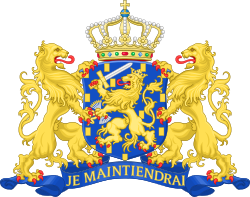 |
|---|
| |
The minister for foreign trade and development aid (Dutch : Minister voor Buitenlandse Handel en Ontwikkelingshulp) is a minister without portfolio in the Netherlands. The officeholder, who is a member of the Cabinet and the Council of Ministers, is assigned to the Ministry of Foreign Affairs. The minister is tasked with trade and export, development aid and international environmental policies.
Contents
- List of ministers and state secretaries
- State secretaries of foreign affairs (1959–1965)
- Ministers for aid to developing countries (1965–1971)
- Ministers for development cooperation (1971–2002)
- State secretaries of foreign affairs (2002–2003)
- Ministers for development cooperation (2003–2010)
- State secretaries of foreign affairs (2010–2012)
- Ministers for foreign trade and development cooperation (2012–2024)
- Ministers for foreign trade and development aid (since 2024)
- See also
- References
Until 2012, the title was Minister for Development Cooperation (Dutch : minister voor Ontwikkelingssamenwerking). Foreign trade and export promotion were handled by another appointee, a state secretary at the Ministry of Economic Affairs. Internationally, the state secretary was allowed to use the title of minister on official business. In 2010 both posts were merged, first as a state secretary; two years later a ministership was reinstated.




